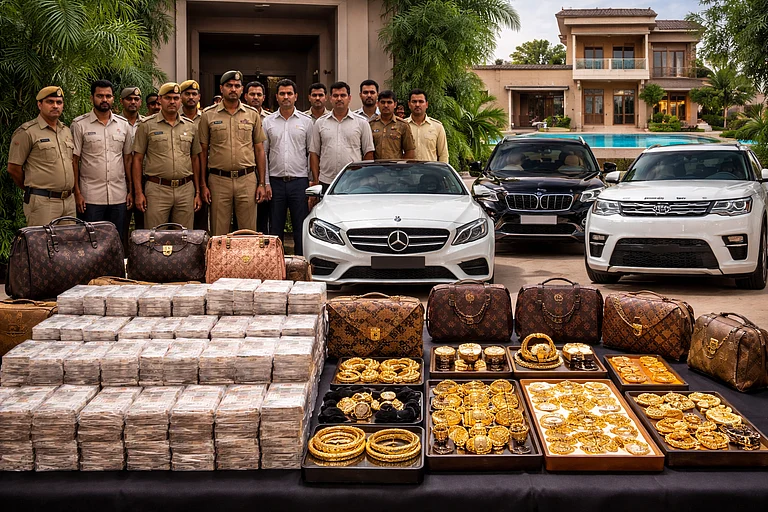If you've been house hunting lately, you've probably noticed something: ready-to-move properties don't come cheap. They're often more expensive than those under construction, but still, many buyers go for them because you get what you see. No wait. No guesswork. But before you rush in, slow down and read this.
What Counts as "Ready Possession"?
It's a property that's fully built, approved by local authorities, and ready for someone to walk in with a suitcase. It's not just about finishing the walls; it also means the project has all the mandatory certificates, especially the Occupancy Certificate (OC), which proves it's legally fit to live in.
Why So Many Are Choosing Ready Homes
It is important not to forget the chaos during the pandemic. Developers, even the big names, missed deadlines. People were stuck paying EMIs on unfinished flats. With remote work and online classes, space suddenly mattered and the demand for finished homes shot up.
What Makes Ready-to-Move Properties Attractive
For starters, you're not buying off a brochure or a show flat. You're walking into the real thing. You can touch the walls, look at the light, and open the taps. You don't have to worry about delays, and there's no GST when a completion certificate is provided. That's 5 per cent saved right off the bat. If you're buying as an investment, you can rent it out from day one. Also, banks are usually quicker to approve loans for ready homes.
But there could be a catch. You'll need to pay most of the money upfront, with no construction-linked plans and no staggered payments. And don't expect to make changes. Do you want to shift a wall or change the kitchen layout? Get ready to spend extra. You'll have to rip and redo what's already there.
What You Need to Check Before Buying
1. The Legal Stuff
Don't even step inside unless the developer shows you a clear title, an OC, and proof that the building is free from legal mess. You don't want to wake up to a demolition notice. (Remember Noida's Twin Tower fiasco?) The Noida Supertech Twin Towers, which had two buildings named Apex and Ceyane, were demolished on August 28, 2022, soon after a Supreme Court order that stated their construction was illegal due to violations of building norms.
2. Construction Quality
Ask how old the building is. A brand-new flat will cost more but might also last longer. Make sure the structure has been certified by an architect or structural engineer. Materials used should hold up for decades, not just a few monsoons.
3. Walkthrough Isn't Optional
Look beyond the paint job. Check if the main door faces the direction you want (if Vastu matters to you). Is there enough sunlight and air? How's the flooring? Does it match what was promised? Are the tiles chipped? Do the rooms fit your stuff? Walk into the kitchen and bathrooms and test the fittings, taps, switches, and even the flush. If anything's off, bring it up before you sign.
4. Details Matter
Open every door. Look at the window frames. Push and pull. Any creaks? Any gaps? If there's glass on balconies or in the bathrooms check if it's solid and properly fixed. See if there's space for a washing machine, fridge, wardrobes. Test the slopes for water outlets. One bad slope and you'll be tearing up floors later.
5. Amenities and the Neighbourhood
Don't take the brochure at face value. Visit in person. Is the gym functional? Is the pool full or a mosquito trap? Are shops, schools, hospitals, and ATMs close by? Talk to someone already living there and they'll tell you what's real.
What If You Find Issues After You Move In?
Start by checking your agreement. Look for warranty terms. Raise your concern with the builder. If they don't fix it, don't sit on it, file a complaint with RERA or get legal help.
FAQs
Are there hidden costs?
Yes. While you skip GST, you'll still pay stamp duty, registration, and maybe maintenance deposits.
How do I know the value is fair?
Compare nearby properties. Look at their age, size, location, and price. Get a second opinion if needed.
Do I get tax breaks?
Yes. Deductions on home loan interest and principal still apply, as per the Income Tax Act.
Can I trust the construction quality?
Stick to developers with a solid track record. Ask about materials and check warranties.
Should I get an inspection done?
Definitely. A professional inspector will spot things you won't like, like wiring faults or dampness behind that fresh paint.













